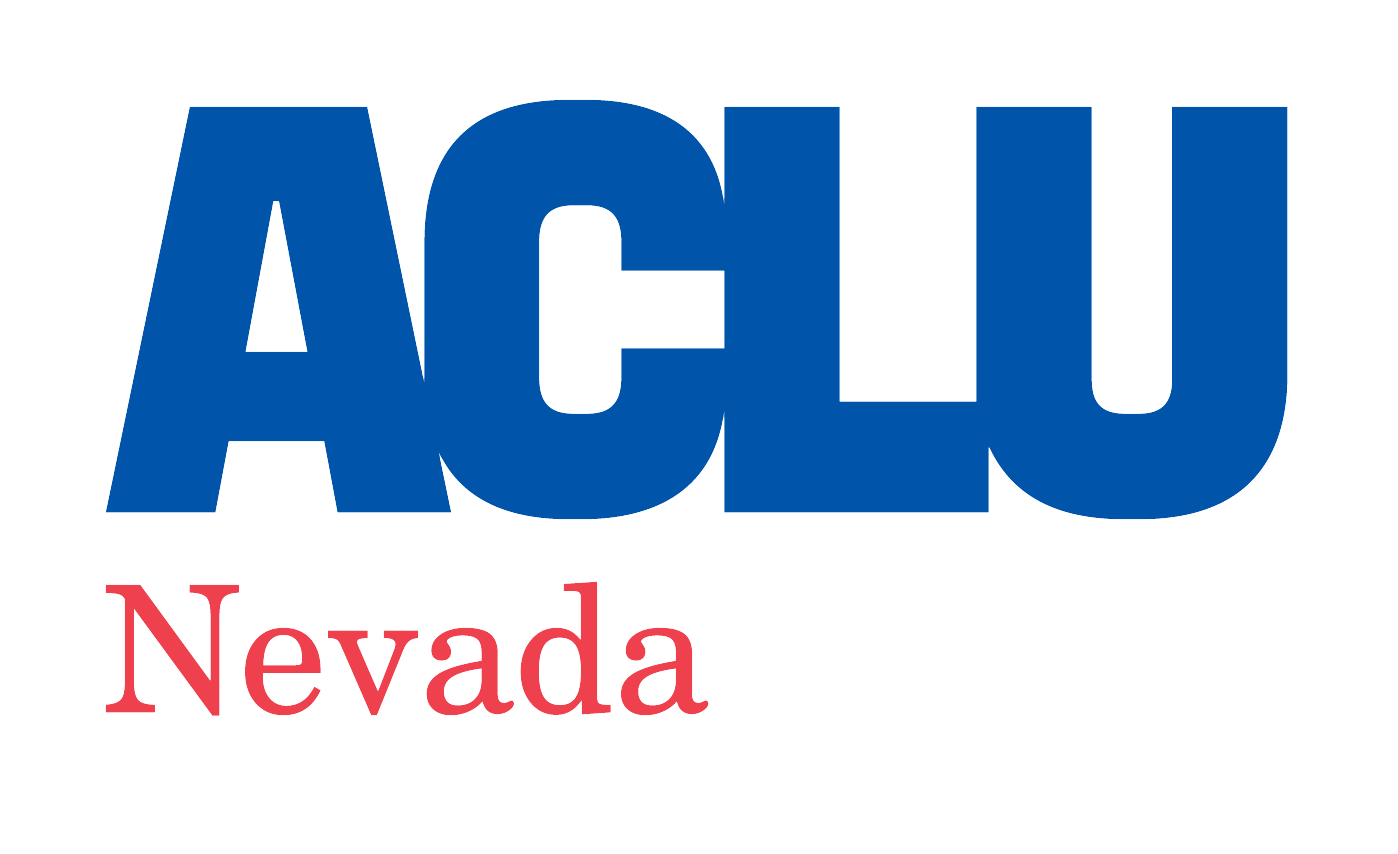The Supreme Court on Friday handed down what is arguably the most consequential privacy decision of the digital age, ruling that police need a warrant before they can seize people’s sensitive location information stored by cellphone companies.
The case specifically concerns the privacy of cellphone location data, but the ruling has broad implications for government access to all manner of information collected about people and stored by the purveyors of popular technologies. In its decision, the court rejects the government’s expansive argument that people lose their privacy rights merely by using those technologies.
Carpenter v. U.S., which was argued by the ACLU, involves Timothy Carpenter, who was convicted in 2013 of a string of burglaries in Detroit. To tie Carpenter to the burglaries, FBI agents obtained — without seeking a warrant — months’ worth of his location information from Carpenter’s cellphone company. They got almost 13,000 data points tracking Carpenter’s whereabouts during that period, revealing where he slept, when he attended church, and much more. Indeed, as Chief Justice John Roberts wrote in Friday’s decision, “when the Government tracks the location of a cell phone it achieves near perfect surveillance, as if it had attached an ankle monitor to the phone’s user.”.
The ACLU argued the agents had violated Carpenter’s Fourth Amendment rights when they obtained such detailed records without a warrant based on probable cause. In a decision written by Chief Justice John Roberts, the Supreme Court agreed, recognizing that the Fourth Amendment must apply to records of such unprecedented breadth and sensitivity:
Mapping a cell phone’s location over the course of 127 days provides an all-encompassing record of the holder’s whereabouts. As with GPS information, the timestamped data provides an intimate window into a person’s life, revealing not only his particular movements, but through them his ‘familial, political, professional, religious, and sexual associations.’
The government’s argument that it needed no warrant for these records extends far beyond cellphone location information, to any data generated by modern technologies and held by private companies rather than in our own homes or pockets. To make their case, government lawyers relied on an outdated, 1970s-era legal doctrine that says that once someone shares information with a “third party” — in Carpenter’s case, a cellphone company — that data is no longer protected by the Fourth Amendment. The Supreme Court made abundantly clear that this doctrine has its limits and cannot serve as a carte blanche for the government seizure of any data of its choosing without judicial oversight.
“There is a world of difference between the limited types of personal information addressed” by the 1970s doctrine, “and the exhaustive chronicle of location information casually collected by wireless carriers today,” the decision reads. Back then, “few could have imagined a society in which a phone goes wherever its owner goes, conveying to the wireless carrier not just dialed digits, but a detailed and comprehensive record of the person’s movements.”
If the government had its way, virtually none of our sensitive information held by tech companies would enjoy the privacy rights guaranteed by the Constitution. Consider the consequences of that argument: Google and Facebook store of our photographs and messages; many of us own smart devices like Amazon’s Echo, which know our musical tastes, shopping history, and even the contents of intimate conversations; and our health and fitness apps know about our physical activity and sleep patterns. These examples barely scratch the surface when it comes to the information amassed by the websites, apps, and other internet-connected devices we rely on for convenience. The government wants easy access to all of it.
While the decision extends in the immediate term only to historical cellphone location data, the Supreme Court’s reasoning opens the door to the protection of the many other kinds of data generated by popular technologies.
Today’s decision provides a groundbreaking update to privacy rights that the digital age has rendered vulnerable to abuse by the government’s appetite for surveillance. It recognizes that “cell phones and the services they provide are ‘such a pervasive and insistent part of daily life’ that carrying one is indispensable to participation in modern society.” And it helps ensure that we don’t have to give up those rights if we want to participate in modern life.
